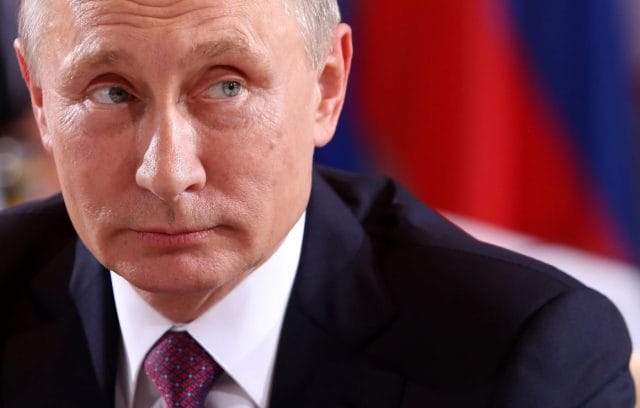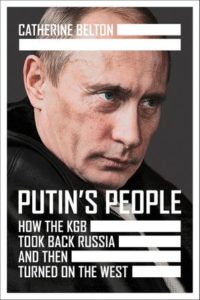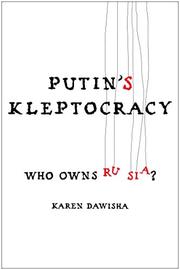
How Putin’s kleptocracy survives
As Russians cast ballots in a tightly managed vote on constitutional changes that would pave the way for President Vladimir Putin to extend his rule until 2036, some of his critics warned the changes would usher in a clampdown on dissent and strengthen the hand of Russia’s powerful security services, RFE/RL reports:
Now, in Russia’s capital, calls for protest by anti-government activists have capped off a week of raids, arrests, and prosecutions that appear to confirm those fears that the political landscape has changed in a way that makes opposition an even more costly enterprise.
 “What’s happening now is different, because it’s part of a formal state doctrine,” Yulia Galyamina, an opposition politician who was targeted in one of the recent raids, told RFE/RL. “The regime is now officially positioning itself as a dictatorship.”
“What’s happening now is different, because it’s part of a formal state doctrine,” Yulia Galyamina, an opposition politician who was targeted in one of the recent raids, told RFE/RL. “The regime is now officially positioning itself as a dictatorship.”
The Kremlin claims that Russia’s vote on constitutional changes, which allows President Putin to potentially stay in power through 2036, is Putin’s political triumph. But the numbers tell a different story, the Kennan Institute reports. In a conversation recorded this week (below) with journalist and Kennan Institute Senior Advisor Sergey Parkhomenko and Senior Associate Izabella Tabarovsky, Russia’s leading independent election analyst Sergey Shpilkin weigh in on the unprecedented levels of fraud and manipulation that accompanied the vote.
Whistling past the graveyard last week, Putin forced through a plebiscite to zero out the constitutional limits on his rule, notes Princeton historian and Stalin biographer
 Putin could have wielded his still considerable appeal to move Russia onto a stable path of institutional pluralism. Russia’s would-be democrats, Mikhail Gorbachev and Boris Yeltsin, started out phenomenally popular only to sink into single-digit ratings. Though Putin recently slipped to 59 per cent approval, he has remained one of the world’s most popular leaders for two decades.
Putin could have wielded his still considerable appeal to move Russia onto a stable path of institutional pluralism. Russia’s would-be democrats, Mikhail Gorbachev and Boris Yeltsin, started out phenomenally popular only to sink into single-digit ratings. Though Putin recently slipped to 59 per cent approval, he has remained one of the world’s most popular leaders for two decades.
This mostly confounds Anglo-American analysts, he writes in an LRB review of Putin’s People: How the KGB took back Russia and then took on the West by Catherine Belton, Between Two Fires: Truth, ambition and compromise in Putin’s Russia by Joshua Yaffa and Dmitri Trenin’s Russia:
Six years ago, Karen Dawisha’s Putin’s Kleptocracy spun the already familiar fable of a clique of KGB seers who somehow could not predict or prevent the Soviet collapse but who gamed out a seizure of the Russian state, honing their biznes craft in post-Soviet St Petersburg, then engineering their relocation to Moscow, where they planted one of their own in the Kremlin and siphoned off the country’s wealth in order to ruin … the West. Belton updates Dawisha’s tale by painting these kleptocrats as paranoid anti-Westerners. …RTWT
